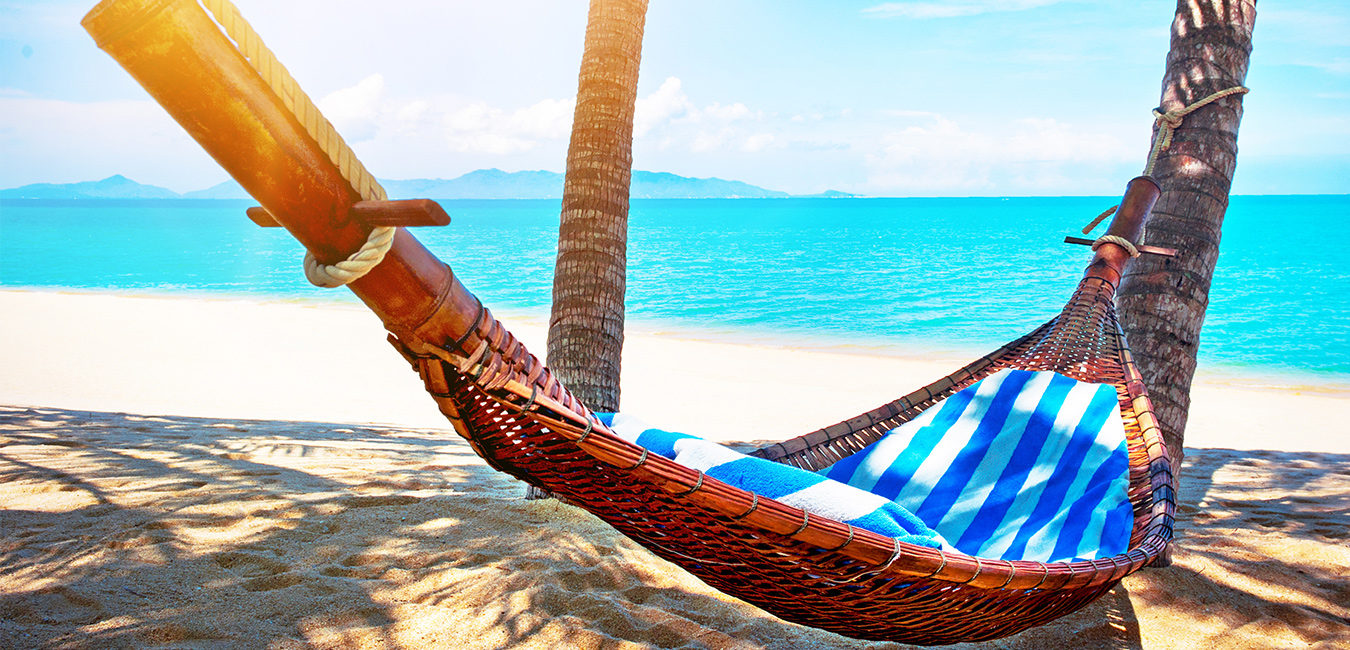The Heart Health Move You Can’t Afford to Miss
With the stacks on your desk and overflowing in-box, taking a vacation can seem like more trouble than it’s worth. And there’s always the fear that the boss will decide you’re dispensable while you’re soaking up the sun in Tahiti. It’s no wonder that a recent survey from the careers website Glassdoor showed that employees take just half of the vacation time they have earned.
Yet people who skip vacations do so at a steep cost. Research shows that taking regular getaways improves your health—your heart health, in particular—and can even add years to your life.
A nine-year study from the State University of New York at Oswego found that vacationing every year reduced the overall risk of death by about 20 percent, and the risk of death from heart disease by as much as 30 percent. Likewise research from the Centers for Disease Control found that women followed for 20 years in the Framingham Heart Study who took the least vacation time—no more than once every six years—were nearly eight times more likely to have a heart attack than women who took at least two vacations a year. Regular breaks likely provide a buffer against stress, which fuels the chronic inflammation behind heart disease as well as diabetes and other chronic ills.
And there are other positive effects from getting away. Vacations promote health by giving you a chance to start good habits like a regular exercise routine and to pay back your sleep debt, lowering the risk for heart disease, obesity, and type 2 diabetes. People in a from the University of Vienna in Austria even experienced fewer physical aches and pains after taking a vacation and were still feeling better five weeks later.
According to a study of almost 1400 women from the University of Pittsburgh, women who spend more time engaged in pleasurable leisure activities, including vacations, also boast a healthier physique. Those who logged the most downtime had a lower waist circumference and BMI.
The message is clear: Take every minute of vacation you are owed. And, it may even help you be more productive when you return–just like the logger who stops to sharpen his saw ends up felling the tree faster than the logger who kept on continuously with a dull blade.
But how do you handle that in-box? Here’s how to ease the burden on your return:
- Consider frequent short vacations. The restorative power of vacations kicks in whether you take off two weeks or a long weekend. If it’s hard to get away from your job, take more vacations of shorter duration.
- Before your vacation, schedule the away dates for automatic email replies one day before and one day after your actual trip. That way, contacts won’t expect immediate attention on your return.
- During your vacation, limit access to email and texts. Try to stay unplugged, but if you must check in (or otherwise attend to business), try to confine it to once a day (say, 10-10:30 each morning). Don’t respond all day long.
- After your vacation, keep your schedule clear on your first day back, and schedule catch-up time, say, four half-hour blocks over the first two days to return emails and calls.
- Plan your next vacation. According to one study from the Netherlands, anticipating a holiday leads to greater happiness, helping you relax on and off the job.

